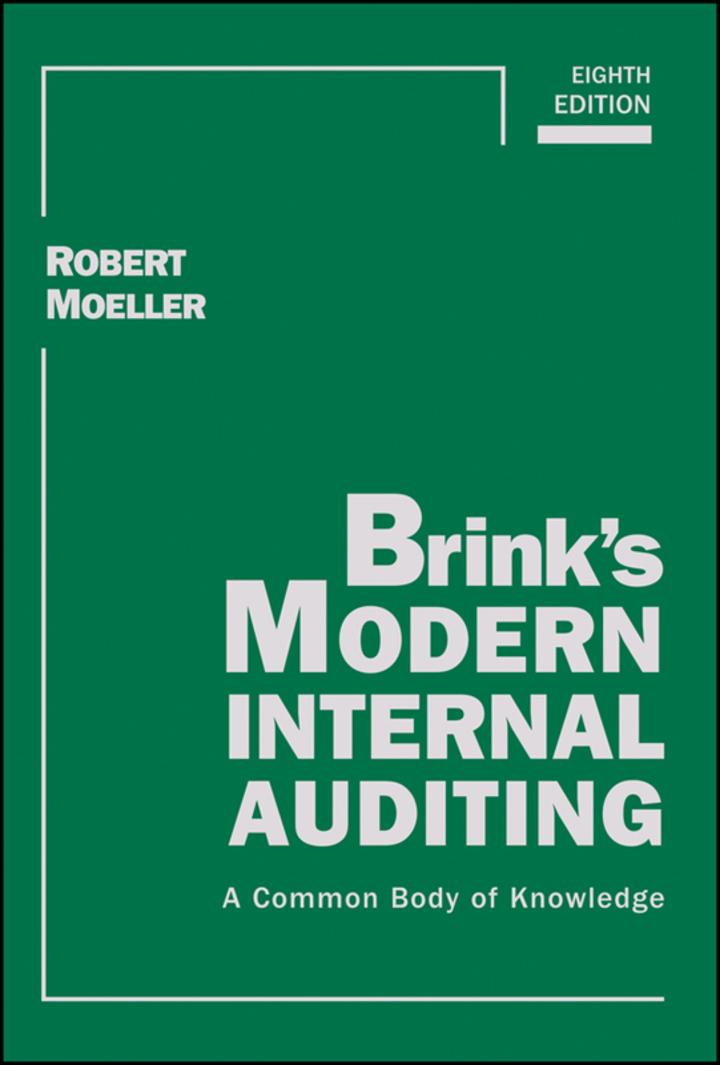Cash Flows from Operating ActivitiesIndirect Method
The net income reported on the income statement for the current year was $131,300. Depreciation recorded on store equipment for the year amounted to $21,700. Balances of the current asset and current liability accounts at the beginning and end of the year are as follows:
| | End of Year | Beginning of Year |
| Cash | $51,600 | | $47,470 | |
| Accounts receivable (net) | 37,000 | | 35,080 | |
| Merchandise inventory | 50,520 | | 53,400 | |
| Prepaid expenses | 5,680 | | 4,510 | |
| Accounts payable (merchandise creditors) | 48,350 | | 44,910 | |
| Wages payable | 26,420 | | 29,340 | |
| a. Prepare the Cash Flows from Operating Activities section of the statement of cash flows, using the indirect method. Use the minus sign to indicate cash out flows, cash payments, decreases in cash and for any adjustments, if required. |
| |
| Statement of Cash Flows (partial) | |
| |
| Cash flows from operating activities: | | | | | |
| | | | | |
| Adjustments to reconcile net income to net cash flow from operating activities: | | | | | |
| | | | | |
| Changes in current operating assets and liabilities: | | | | | |
| | | | | |
| | | | | |
| | | | | |
| | | | | |
| | | | | |
| Net cash flow from operating activities | | | | | |
b. Cash flows from operating activities differs from net income because it does not use the (accrual basis or cash basis) of accounting. For example revenues are recorded on the income statement when (they are earned or cash is received.)






